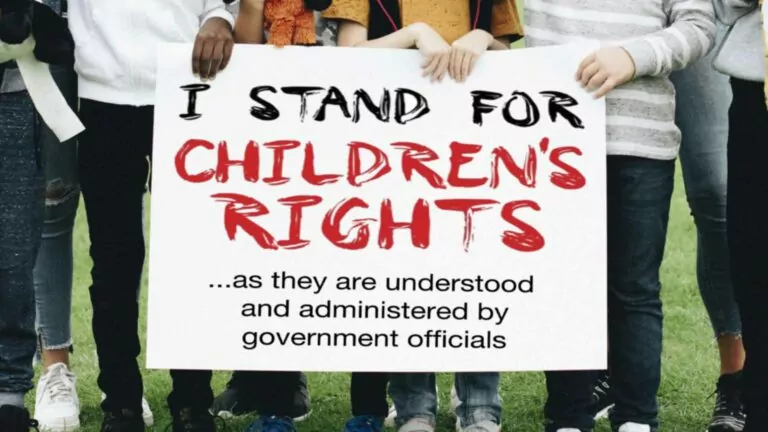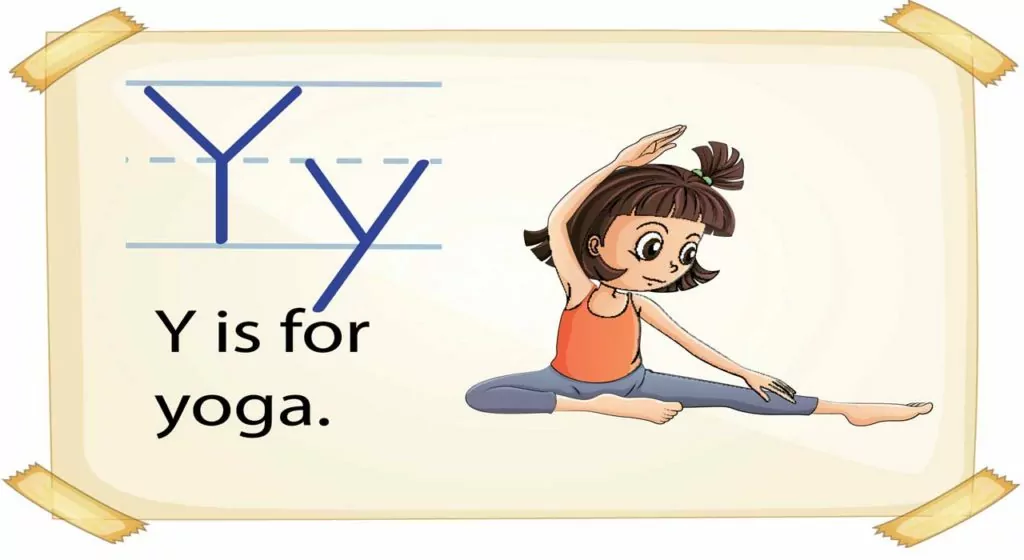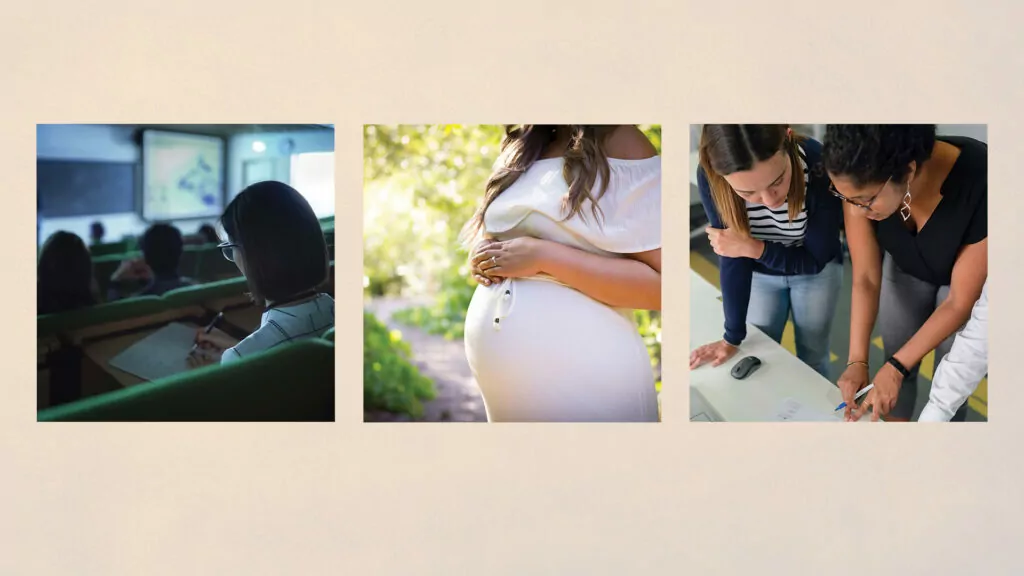Two topics that are commonly discussed in Reformed Perspective are Christian education and the modern notion of “human rights.” Christian education is a good thing, of course, and its supporters need to be encouraged.
On the other hand, the phrase “human rights” is too frequently used as a cover for anti-Christian positions on abortion and homosexuality.
Now what happens when Christian education and “human rights” are thrown together? An outcome that is bad for Christians, that’s what. Christian education and the modern notion of “human rights” don’t fit well together.
Diminishing parents
The clash of so-called “human rights” and Christian education is discussed by American law professor Martha Albertson Fineman in an article entitled “Taking Children’s Interests Seriously.” She is a “children’s rights” proponent. But children are too immature to exercise their rights, so “children’s rights” are commonly used to empower government officials at the expense of parental rights.
From a Christian perspective, we know parental rights should be paramount in education. But Fineman certainly doesn’t think so. She says that an emphasis on parental rights in education can be an obstacle to children’s best interests. For example, it is assumed by many that parents are in the best position to determine which school subjects and methods of preparation are most likely to prepare their children for the future. But that assumption is flawed, according to Fineman. As she sees it, that “type of expertise is almost certainly within the province of certified teachers and school boards, not parents.” In fact, having parents making decisions is seen as a problem:
“Certain parental decisions can create handicaps and inhibit a child’s entry into the secular and complex world in which she or he must live and function as an adult.”
In her view, it makes much more sense for educational decisions to be made by public education professionals. Parents don’t really know very much, after all. Why allow them to make the important decisions?
Besides, the parents are clearly up to no good, at least those who send their children to Christian schools:
“Parents in these contexts are often part of a larger religious or ideological community, a community with an independent interest in and intent to indoctrinate children. Such communities conspire with member parents to separate their children from diverse secular, and therefore competing and dangerous, alternatives.”
So, those of you reading this who send your children to a Christian school are, in her view, conspiring with church leaders against secular society.
Mandatory public education?
To fix this situation, Fineman thinks that “human rights” rather than parental rights should be the paramount consideration in educational decision-making. Her perspective reflects that of the European Court of Human Rights (ECHR) which, in a 2006 ruling, upheld a decision by authorities in Germany to prevent a Christian couple from home schooling their children. The ECHR said that home schooling would violate the children’s right to education. Fineman warmly welcomed this decision, noting that the
“approach of the ECHR provides a competing framework for making decisions regarding the educational and social welfare of the child: that of the best interests of the child, as evaluated through the paradigm of human rights.”
In this view, educational decisions must be made in light of “the child’s interest in the diversity and independence-conferring potential of a secular and public education.” By allowing parents the option of selecting private Christian education for their children, the children’s interests are being neglected, according to Fineman: “Indeed, the long-term consequences for the child of being home schooled or sent to a private school cannot be overstated.”
Think of the specific consequences for female students, for example. Fineman cites one notable study which:
“has exposed the ways in which private Christian schools instill sexist beliefs into children and pressure young girls into traditional patriarchal roles rather than professional careers.”
That’s right. Girls in Christian schools are taught that being wives and mothers is a worthy and meaningful role in life. They are encouraged in this direction rather than being steered towards rewarding professional or business careers. But what about their “human rights”? Who’s watching out for the interests of these girls? Clearly it’s not their parents, who are allowing them to be guided towards the demeaning and worthless roles of wives and mothers.
What should be done about this? Well, the choice is obvious for Fineman. In her view, the solution “for our current educational dilemma is that public education should be mandatory and universal.” What she is demanding comes down to this:
- secular humanism is the truth, with its various permutations of feminism and “diversity” (read: homosexuality)
- therefore all children should go to schools where the truth is taught, namely, public schools.
In this way the children’s interests and “human rights” will be protected.
When two worldviews collide
Of course, what she calls “human rights” sounds more like “might makes right” to a Christian. A secular humanist government should (in Fineman’s view) force all children to learn secular humanism in its schools. This is not really a case of “human rights” versus oppression, but an issue of one worldview versus another. From a Christian perspective, using the power of the state to force all children to attend secular humanist public schools does not advance “human rights” one bit; quite the contrary, in fact.
Fineman opposes the Christian worldview and wants to ensure that children from Christian homes are taught her worldview instead. This is what’s really involved in her proposal. She would not see it this way because for her, secular humanism is the one true religion and she wants everyone to believe it. I don’t say that to demean her — everyone has a religious perspective they consider to be true. But she doesn’t seem to be self-conscious of this or the implications.
Conclusion
Originally, human rights involved protecting people from the state.
In recent decades a new perspective of “human rights” has arisen that involves using the power of the state for social engineering. This is Fineman’s conception of human rights. So when the issues of Christian education and “human rights” are mixed together, the outcome is bad for Christians. For those with a social-engineering view of “human rights,” Christianity is oppressive and Christian children need the “independence-conferring potential of a secular and public education” as Fineman puts it. If academics like Fineman continue to promote this agenda, it may be that Christians will need to defend their schools from accusations of “human rights” violations.
This first appeared in the November 2012 issue under the title “For the sake of the children?”












